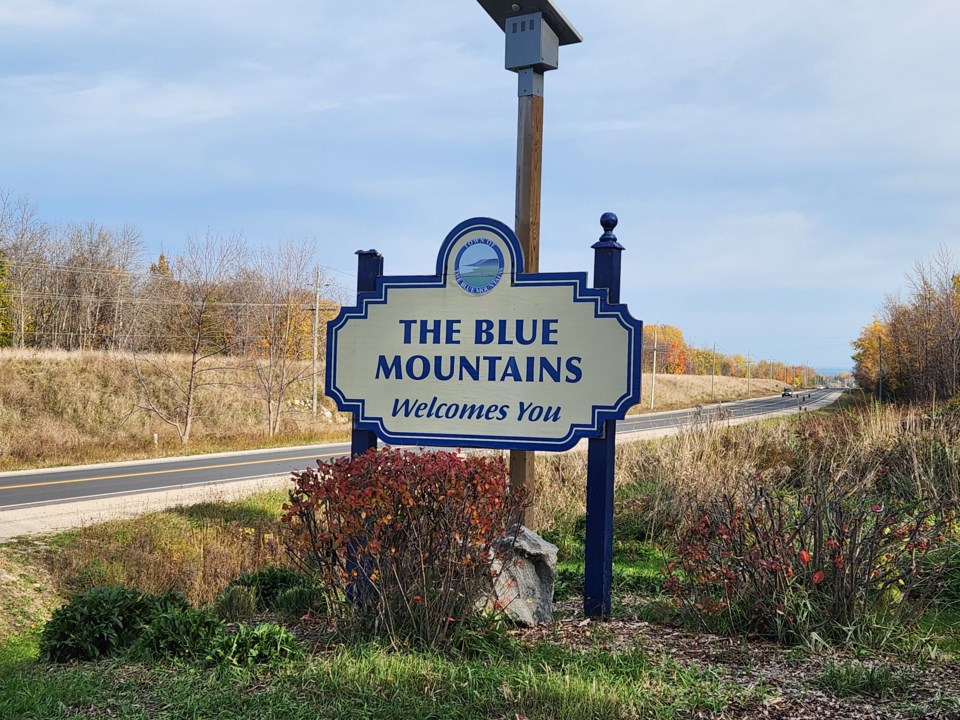The Town of The Blue Mountains is one step closer to having a municipal accommodation tax.
At its committee of the whole meeting on July 8, council voted in favour of an extensive staff report about the possible creation of an accommodation tax for the town.
Council approved a multi-pronged resolution about the accommodation tax that including: scheduling a public meeting on September 10 to hear public comments on the proposal, a draft policy for how the funds received through the new tax, approved Blue Mountain Village Association as the organization that would receive a portion of the funds raised by the tax and approved $80,000 in spending for the town to hire a consultant to assist with the creation of a tourism and marketing strategy for the town.
Council voted 6-0 in favour of taking the next step on the possible implementation of the accommodation tax. Mayor Andrea Matrosovs was absent.
Earlier in the year, town staff forecast that the town could possibly collect up to $4 million from a municipal accommodation tax.
A municipal accommodation tax is levied on the price of overnight (short-term) accommodations in a community.
Although the provincial legislation that created the tax doesn’t define these accommodations, they are generally considered overnight stays of 29 days or less. Hotel rooms, short-term accommodations, bed and breakfasts and campgrounds would be included under the tax. Provincial campgrounds are exempt.
“I think this is very exciting,” Coun. Paula Hope said after receiving the report.
Tim Hendry, the town’s manager of communications and economic development, presented the report to council and said the next step proposed by staff did not mean the town was approving the accommodation tax.
“We’re not asking council to make our final decision about implementing a municipal accommodation tax today,” said Hendry, noting that the report was about taking the next step on public engagement in the process.
Across Ontario, 55 municipalities have now implemented accommodation taxes.
Provincial legislation requires that 50 per cent of funds collected via such a tax are given to an eligible tourism entity in the community for the promotion of tourism related activities. Hendry said through their research, town staff have determined that the Blue Mountain Village Association is eligible. He said staff have been having conversations with the association on formulating an agreement on the matter.
Staff are recommending that the rate be set at four per cent, which is standard in other municipalities with accommodation taxes.
The report included draft guidelines and details for the use of the funds that the municipality could receive from the implementation of an accommodation tax.
Staff recommend the revenue raised be used for tourism initiatives with the following guiding principles:
1. To support investment into tourism-related infrastructure to help more effectively manage tourism.
2. To support projects and initiatives that result in measurable improvements to town services that enhance and improve the management of tourism and visitor experiences.
3. To pursue the goals and implement recommendations as outlined in the town’s tourism and economic development strategies, as amended from time to time.
4. To support the creation of tourism product development to bring new and innovative products, experiences, and services to the Town of The Blue Mountains tourism market.
5. To support the promotion of the Town of The Blue Mountains as a leading destination for tourism, leisure and business travel with an emphasis on promoting overnight stays.

